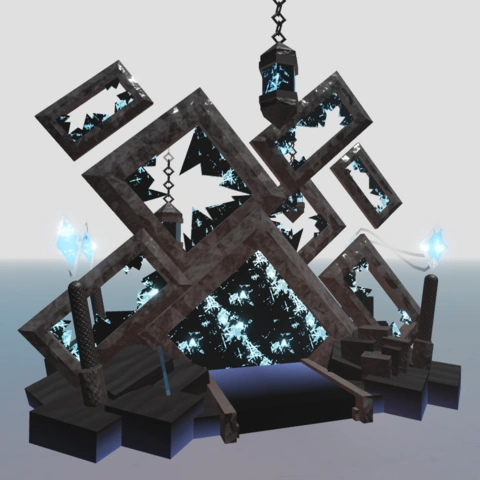In an era dominated by technology and media, the concept of “Fractured Reality” has emerged as a pervasive phenomenon, challenging our perceptions and understanding of the world around us. This article delves into the multifaceted layers of fractured reality, exploring its impact on individuals, societies, and the broader cultural landscape.
The Impact of Social Media on Reality Perception
Social media platforms have become influential architects of reality perception. From distorted self-perception fueled by curated content to the perpetuation of a comparison culture, the digital realm plays a significant role in shaping how we view ourselves and others.
Technological Advances and Virtual Reality
Advancements in technology, particularly in the realm of virtual reality, contribute to the fracture between the real and the virtual. As individuals immerse themselves in virtual worlds, the lines between tangible experiences and digital simulations become increasingly blurred.
Psychological Ramifications of Fractured Reality
The psychological toll of a fractured reality on mental health cannot be ignored. Constant exposure to curated content and distorted narratives can lead to anxiety, depression, and a sense of disconnection. This section explores the psychological challenges and coping mechanisms associated with fractured realities.
Media Manipulation and Fractured Narratives
Media, as a powerful influencer, moulds public perception. The article examines how media manipulation contributes to fractured narratives, making it challenging for individuals to distinguish between fact and fiction in the information landscape.
Political and Social Consequences
Fractured reality extends its tendrils into the political and social spheres, fostering polarization and echo chambers. The consequences of living in distinct, personalized realities are explored, with a focus on their impact on democratic processes and social cohesion.
Fractured Reality in Entertainment
The entertainment industry, particularly movies and TV shows, plays a pivotal role in shaping societal norms and perceptions. This section delves into the intricate balance between fiction and reality in the realm of entertainment and its influence on fractured realities.
Cultural Perspectives on Fractured Reality
Cultural factors contribute significantly to how individuals perceive and navigate fractured realities. This section explores the varying cultural attitudes toward technology, media, and the blurring lines between real and digital experiences.
Educational Challenges in the Digital Age
As information becomes more fragmented, the need for media literacy and critical thinking skills becomes paramount. The article discusses the challenges faced in educating individuals to navigate the digital age responsibly.
The Influence of Algorithms on Reality
Algorithms play a pivotal role in shaping the content individuals encounter online. This section explores how algorithms contribute to personalized realities and the ethical considerations surrounding algorithmic curation.
Reality in the Age of Deepfakes
The rise of deepfake technology introduces a new layer to fractured reality. The article explores the implications of deepfakes on trust, authenticity, and the challenges of discerning real from fabricated content.
Addressing Fractured Reality: A Call to Action
Amidst the complexities, individuals are urged to take an active role in shaping their reality. The article emphasizes the collective responsibility in promoting transparency and authenticity in the digital age.
Corporate Responsibility in Media and Technology
Tech and media companies bear ethical responsibilities in curating content and shaping digital landscapes. This section discusses the balance between innovation and corporate responsibility.
The Role of Education in Mitigating Fractured Reality
Education emerges as a powerful tool in mitigating fractured reality. Incorporating media literacy into educational curricula and fostering critical thinking skills from an early age are explored as proactive measures.
Conclusion
In the intricate web of fractured reality, conscious awareness and responsible consumption become our guiding lights. As individuals, societies, and industries navigate the layers of perception, fostering transparency and authenticity becomes paramount for a healthier, more connected world.




